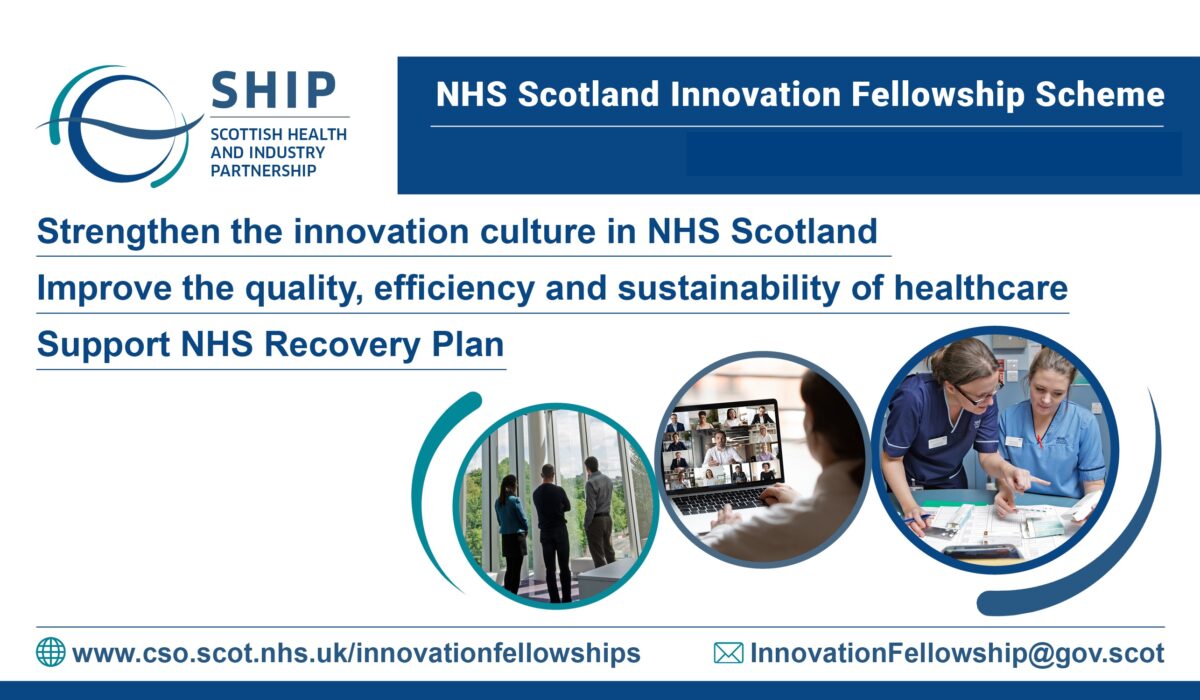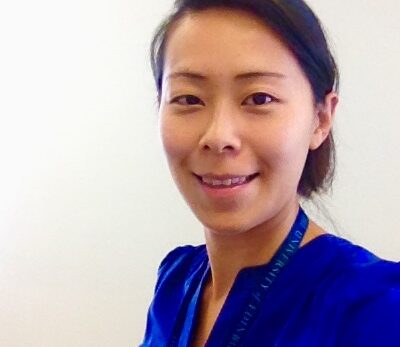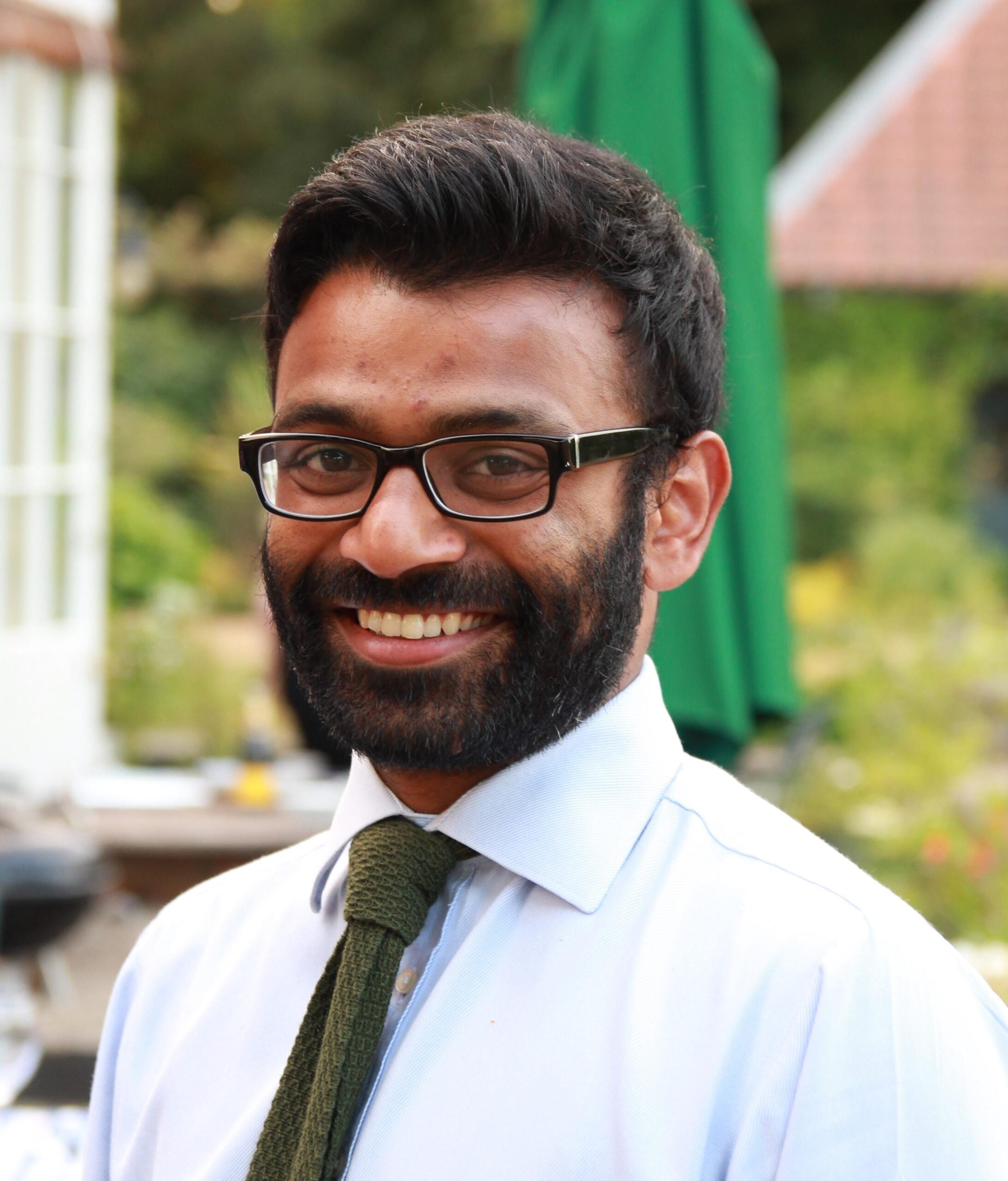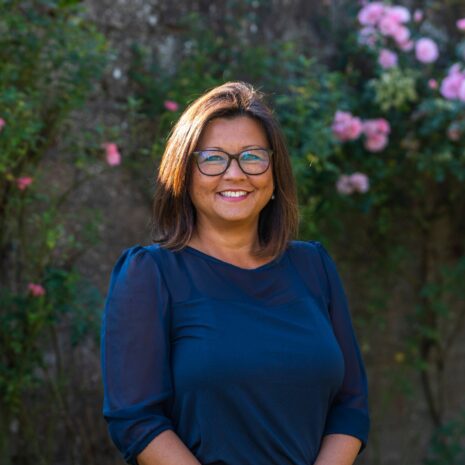HISES appoint 3 Innovation Fellows as part of the NHS Scotland Fellowship programme

Clinical Innovation is receiving attention as the key to developing new models of health and care delivery and supporting fresh thinking that creates value – devising new ways of working, new models of care, and solutions that can impact patient care. It is also recognised that skills gaps in the workforce are a key barrier. For Scotland to achieve its aim, we need a workforce that has the knowledge and skills they need to lead successful innovation in health and care.
Through the Scottish Health and Industry Partnership (SHIP), the Scottish Government will support and invest in innovative opportunities developed through a triple helix approach to collaborations between NHS and Social Care, industry and academia. As a key next step to support our ambition, Cohort 1 of the Innovation Fellowship Scheme was launched in May 2022.
The aim of the Innovation Fellowship Scheme is to strengthen the innovation culture to solve real problems in the NHS and social care, improving the quality, efficiency and sustainability of health and care delivery and supporting NHS Scotland’s Re-mobilise, Recover, Re-design Framework.
The scheme will provide funding for protected time to contribute to, conduct and lead innovation projects and to develop an innovation career within their post, increasing capacity in priority areas. Up to 3 places per Regional Test Bed were available (up to 9 places in total). Following a thorough and highly competitive application process, HISES are excited to announce the appointment of the first 3 Innovation Fellows within the South East region!
Meet the HISES Innovation Fellows
“
Joyce Henderson, NHS Fife"This fellowship is an exciting development within NHS Scotland and a clear sign that Scotland is ready and willing to develop and be early adopters of the latest technical advancements. It also demonstrates that there is strong commitment to developing and supporting all NHS staff as innovators."



